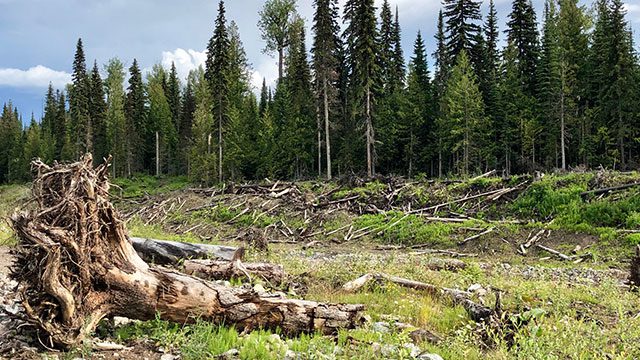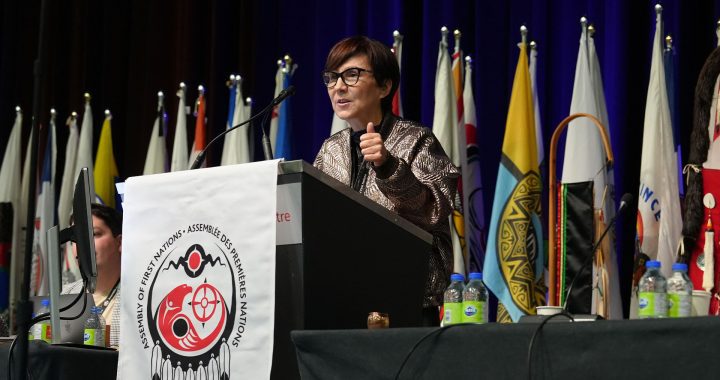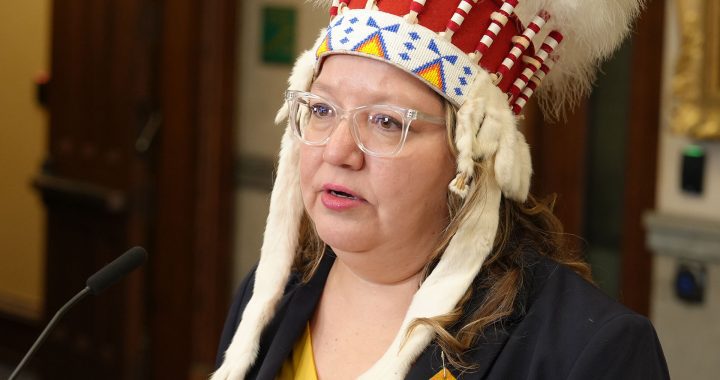Cindy Blackstock says the federal government needs to start putting First Nations kids first and meeting its Jordan’s Principle commitments.
“I would like to see a lot less focus on what is happening with the bureaucrats and a lot more focus on kids,” the executive director of the First Nations Child and Family Caring Society told Nation to Nation. “It’s up to all of us as adults to figure it out. To make sure kids’ needs are met.
“That’s our job and that’s also the bureaucrats’ and federal government’s job…Figure it out. Governments do complex things all the time like getting vaccines out to thousands and millions of people in Canada. Processing millions of tax returns and EI (employment insurance) requests. All that’s complicated and they get the job done. They need to do it here for the kids too.”
The caring society was before to Canadian Human Rights Tribunal in Ottawa this week as part of a non-compliance motion the organization has filed against the government for not processing Jordan’s Principle requests in a timely manner.
The principle, adopted by Parliament in 2007, says First Nations children should receive health, social and educational supports when they need them regardless of which jurisdiction they live in – federal, provincial or territorial.
Urgent requests are supposed to be processed within 12 hours and all others within 48 hours but documents presented at the CHRT hearing show this is often not the case and the government has a serious backlog.
Blackstock said her office continues to receive numerous complaints about Jordan’s Principle requests not being met and in some cases the lack of timely response has been a contributing factor in the deaths of First Nations kids.
Challenging First Nations leaders
A First Nations councillor in British Columbia says it is time for all elected Indigenous councils to be held to a higher level of account and to serve their communities better.
“I joined council about 18 months ago and I have noticed substantial changes since joining,” Aaron Pete, who sits on the council of the Chawathil First Nation, said. “I worked previously as a Native court worker assisting Indigenous people through the legal system and saw so many challenges with housing, mental health, cultural supports needed. I noticed that I was able to deliver those necessary programs to my community and then I started to wonder why most other First Nation communities are not doing the same and how could I advocate for them to do more?”
Pete is a graduate of the Peter Allard School of Law and hosts a podcast called “Bigger Than Me.”
He also recently wrote an opinion piece in the online publication The Hub where he challenged all elected First Nations leaders to serve their communities better.
Pete also said band council meetings should be open to journalistic and the public scrutiny in a similar fashion as to what happens with municipal, provincial and federal governments.
Nunavut’s at 25
This week marks the 25th anniversary of Nunavut achieving territorial status and Premier P.J. Akeeagok said there are many reasons to celebrate.
“It’s incredibly important,” he said. “Inuit for decades had negotiated through land claims – a modern land claims treaty – so there’s so many incredible leaders that we were fortunate to have. Too many to mention but they have all played such crucial roles in terms of realizing the vision of self-autonomy. The realization that Inuit could deal with their affairs.”
The agreement that made Nunavut a territory was officially signed on April 1, 1999.
There were a number of events in the territory this week to celebrate the anniversary including a visit by Governor General Mary Simon who is herself Inuit.












